“Knowledge can be a subtle curse. When we learn about the world, we also learn all the reasons why the world cannot be changed. We get used to our failures and imperfections. We become numb to the possibilities of something new. In fact, the only way to remain creative over time – to not be undone by our expertise – is to experiment with ignorance, to stare at things we don’t fully understand.” ~ Jonah Lehrer.
Do you remember the first time you began learning and applying something new? How did your life change as a result?
I remember after months of cloistered English drills and Headway coursebook tapes, I met some “real” Americans, and could understand what they were saying. It was like magic.
Or that first time I read a novel in German, enjoying the fact that the words weren’t just spread neurotically over the page, but actually made sense and told a story.
And oh, the joy of learning to “read music,” the “signs” mystery that for the first time I could transfer from a lifeless sheet of paper onto the instrument and enjoy!
Once you learn something new, you will never see the world the same again. Creativity allows you to see the world afresh every day, several times a day, hear things other people won’t understand, repurpose things that others will toss, see unlimited possibilities in hopeless situations, and interpret silence into music.
Creativity is essential to our lives, but it’s also vital to our businesses. We may think that our businesses are all about spreadsheets, and planners, and goals, and hustle, but we soon fall into a rut if creativity doesn’t revive the daily mundane tasks.
So in this post I’ll share with you 5 specific ways your business can benefit from creativity, so you and others can enjoy it more.
#1: Creativity helps you find connections for programs/concepts/collaborations where others won’t find them.
Ever feel like someone out there is “more creative” than you? You wow their sales page or their website strategy or their services and products.
There’s no such thing the measure of creativity. You are as creative as you allow yourself to believe and to practice. Creative ideas don’t just dawn on you, but you begin noticing things the moment you start your “creative habit.”
The reason I redesigned my work and now encourage you to do the same is so I could be more creative. Busy and “booked out” people complain about not having enough time for creativity. They’re drained and spread too thin. It may not matter for a person who works in an assembly line, but it is important to you.
Creativity will take you to places you’ve never been. The question is: do you want to go?
#2: Creativity gives you the courage to try something new – and learn.
Creativity took me on a roller coaster ride a few years ago when my first business came to a stall (I wrote a book about it, too — now available to my clients). I’m glad it happened that way, otherwise I would have probably still been stuck where I was: trying to cram as many lessons into a day as I could, and then find teachers and train them to do the very thing I hated.
But I asked myself, “What if I could work less and make the same amount? How would I do that?” Then, when I discovered smart online teaching, I began challenging myself to work even less, constantly redesigning my business model so I didn’t feel like I’m entrapped in “just one” way of working online.
Somehow I had the audacity to dream that, and now I see a lot of my clients do the same, and it’s like they’re reading a book in a foreign language for the first time! You feel ecstatic!
#3: Creativity looks for uniqueness which makes a business stand out.
When people email me, I usually engage in a small conversation, “What do you do? How long have you been running your business?” Most of the time I get a bullet list for a response: I teach this, and this, and I edit CVs, etc. Everyone is running the same race hoping to beat someone else. The rules of the game is, to succeed you either need to stand out or be cheap.
The problem with the latter option is, there’s always going to be someone cheaper than you. That’s why you shouldn’t feel guilty about charging more for your uniqueness. Of course, in order to be unique you need to train your creativity. Just running 1:1 sessions back-to-back will not help it.
I want you to build a business, which requires more grit, stamina, but it’s something that’s more sustainable and rewarding. This is where slow and steady wins that race. Creativity allows you to win it, perhaps not in the first month (because it’s easier to be cheap), but definitely in the long run.
Your #business isn't just spreadsheets and goals. It can be enriched by #creativity. Read howClick To Tweet
#4: Creativity helps you connect with your audience better as you sound less mechanical.
When you’re pursuing creativity, you’ve allowed yourself to be “behind” for some time so that in the long run you move forward. You may not be producing live videos every day or writing 15-tools-for-success blog posts.
You focus on the core, the “why,” and your goal isn’t to get people to do what you want, but helping them discover what they want, enroll them on the journey and move out of their way, to paraphrase Seth Godin.
When you realize that you don’t just work with numbers, but with real people, and you want to inspire them to action, you can’t do that with gimmicks and quick fixes.
A long-lasting change is a journey that starts with empathy and connection, and you can’t use cookie-cutting solutions for that. You need to be more creative.
#5: Creativity will always make you successful because it’s never the boring stuff that everyone else is doing.
If you read an “online business blueprint” somewhere, you’ll probably find specific steps to building a profitable business (for free):
- Create content
- Promote it
- Grow your list
- Create a product
- Sell to the list
I’ve seen people who wanted to do it in 6 months, and you could tell “which step” they were on. The irony is you can’t build a community like that, you can’t appeal to people if all you want from them is their email address or their money.
So these people don’t sell their first program, and then it’s like the world ended. You never see them again.
Following someone’s steps, doing the “funnels” and optimizing your site for sign-ups only is like speaking a language with a textbook in hand. Can you express yourself? Yes. Can you converse with people? Yes. Can you connect? No.
Textbooks are your reference books. They give you pointers, but the real change starts when you stop relying on the textbook. You can’t use what everyone else is using and hope to win loyalty from a sector in a crowded market.
For instance, I interact with other language teachers who promise their clients “fluency.” They blog about it, create products and programs, but when I ask them why does anyone want to be fluent, they feel as though I just messed up their entire business plan.
Most teachers sell fluency as a coveted trophy, but they lack creativity in their marketing because they don’t know why their clients need it, and as a result they can’t explain it.
Creativity will help you dig deeper, and become more successful by doing that. But if you ignore it, you’ll be stuck in a crowd of thousands of others, desperately selling the same thing, hoping they can beat others on the price.
Today’s takeaways:
- Spend time nurturing your creativity and follow where it leads you. You’ll find connections between seemingly unconnected things, which will make your content more memorable.
- You can’t be creative in a stifling environment. If your fully-booked schedule keeps you from showing your authentic work to the world, you need to redesign your business to work smarter.
- If you want to build a unique, smart and sustainable small business you can’t compete based on your price. There’s always going to be someone cheaper. You need to find your voice and dare to share it.
- Creativity will make you stand out and be memorable.
What’s better than individual creativity? Collective creativity!
“We can either all work together or fail alone.” Jonah Lehrer.
Join our Smart Teacher’s Library if you’re tired of being like everyone else or afraid to be you. We have a whole group of nerds who can tell you you’re OK. We need you! Thanks for tuning in, ~ Elena

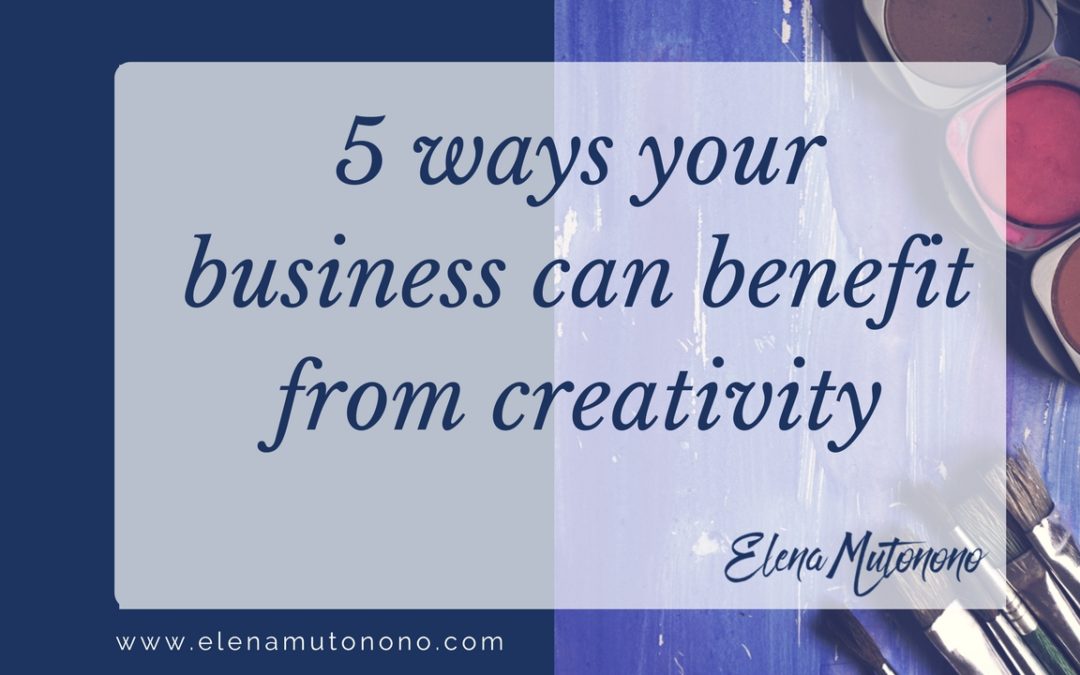

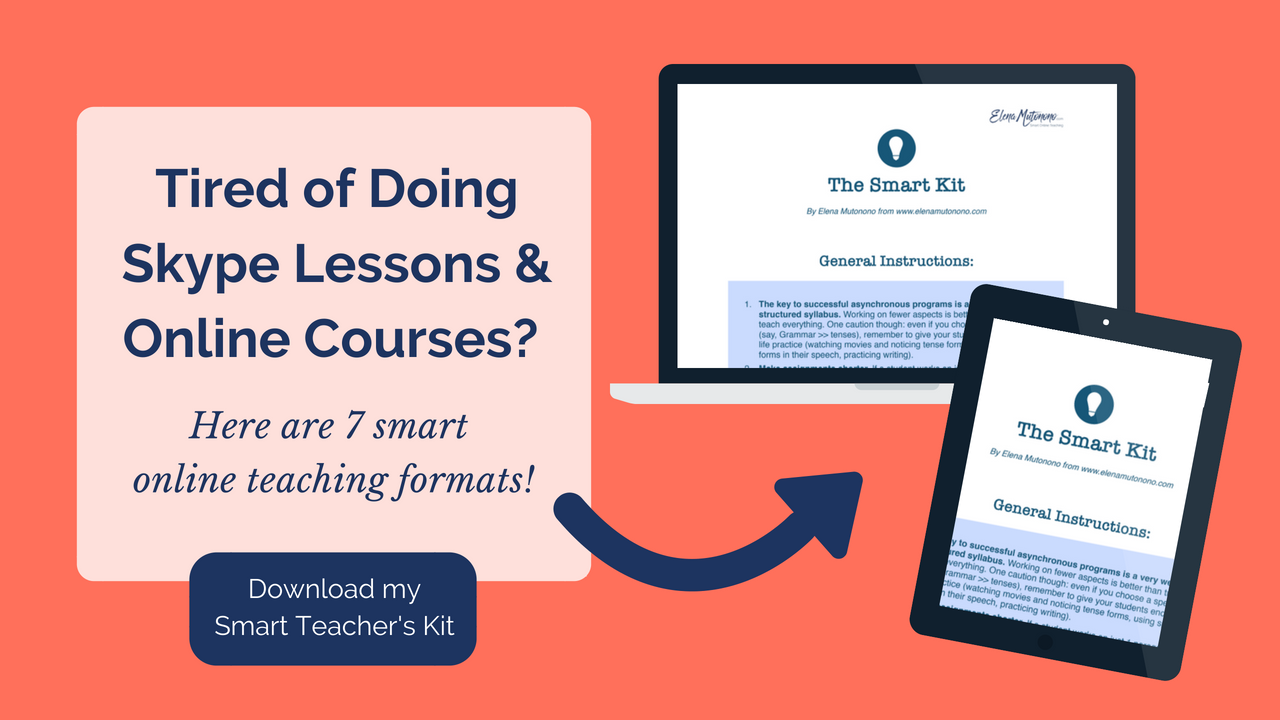
 Welcome to my nook where *Big Magic* happens. My name is Elena Mutonono, I help small business owners package their services as digital products and sell them online. I want you to work smarter, not harder. Increase your impact beyond your current face-to-face clients. Grow your business as you reach more people all over the world.
Welcome to my nook where *Big Magic* happens. My name is Elena Mutonono, I help small business owners package their services as digital products and sell them online. I want you to work smarter, not harder. Increase your impact beyond your current face-to-face clients. Grow your business as you reach more people all over the world.

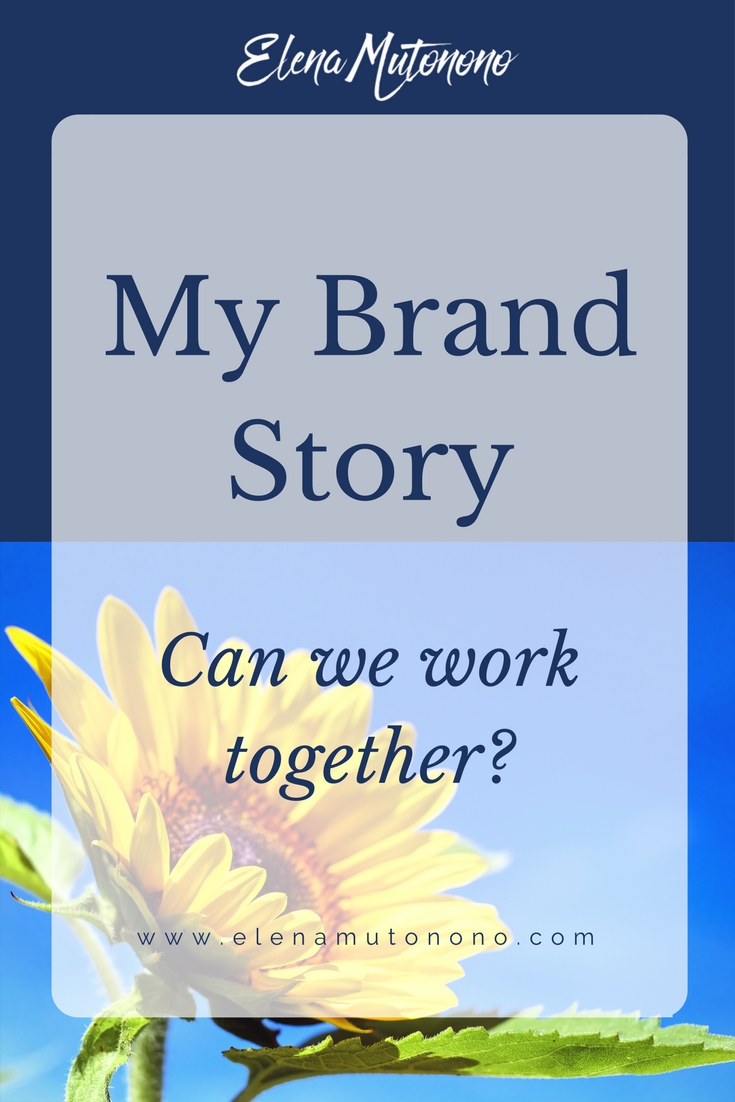

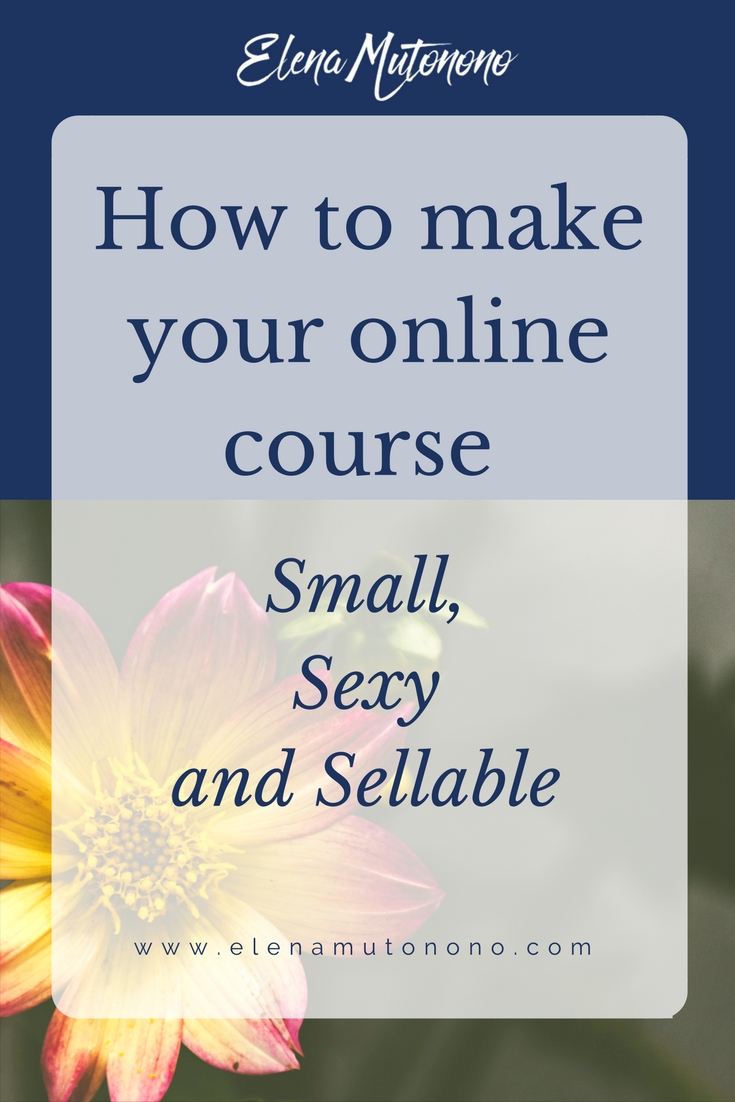


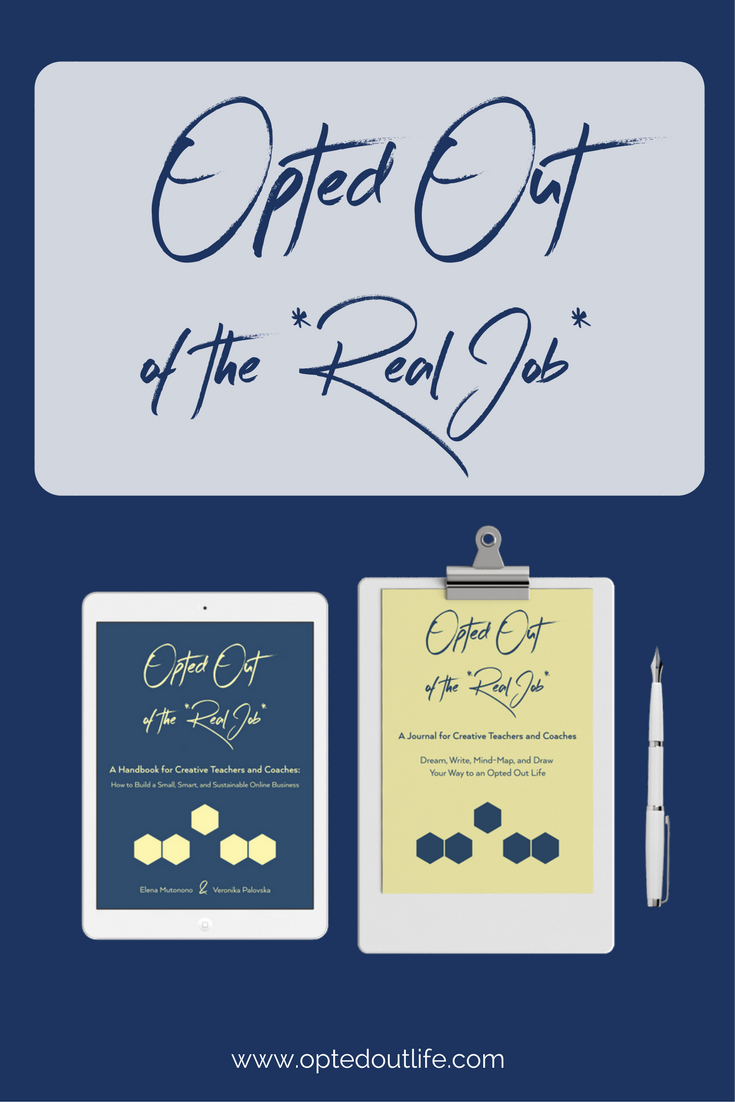

Lena, I love this post.
I think we simply have to get rid of society’s romantic notions about creativity and come to grips with the fact that it’s a muscle that needs to be trained just like anything else.
That doesn’t diminish it in the slightest. On the contrary.
Elfin, thanks for your feedback! I like how you put it “romantic notions about creativity.” At some point people begin thinking that creativity is childish or immature, and they want to be “big serious business people.” Or they think they aren’t creative because in their minds creativity is being able to paint (for instance). But it’s so much more.
Thanks, great article.